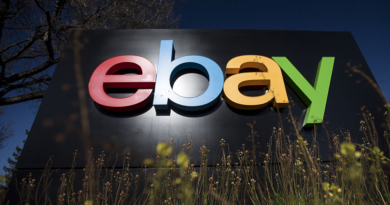E-commerce acquirer Benitago files for bankruptcy

Benitago Group, an Amazon e-commerce business acquirer, filed for bankruptcy this week. The move comes after the New York-based company raised $380 million in equity and debt in the past two years.
According to the filing, the company sought protection from creditors in the U.S. Bankruptcy Court in Manhattan, listing both assets and liabilities ranging from $50 million to $100 million.
The company was founded by Benedict Dohmen and Santiago Nestares in 2016. TechCrunch initially profiled the company in March 2021 when it raised $55 million in both equity and debt to fund acquisitions of brands built to sell on Amazon’s marketplace.
Later in 2021, the company raised again, this time a whopping $325 million in Series A equity and debt, led by CoVenture, to, among other things, develop an M&A arm of the company.
However, in November 2022, Dohmen told TechCrunch that despite some rumors to the contrary, the company was still in business, though it had to lay off 14% of its staff. The cuts were made primarily in that M&A arm.
Benitago had about $7.5 million in cash at the time of the filing; Nestares said as part of the bankruptcy filing that “consumer preferences shifted during the later stages of the pandemic when lockdowns ended,” according to The Wall Street Journal.
Indeed, in 2021, the e-commerce roll-up, or aggregator, market was growing rapidly and companies joined Benitago in raking in large amounts of venture capital to continue that aggressive momentum.
That said, e-commerce growth has been relatively flat these days. And that aggressive acquisition of third-party e-commerce brands? It has slowed down. There’s even been some consolidation within the aggregator sector. And few of these kinds of companies saw venture capital come their way in recent months.
Meanwhile, Benitago has plans to restructure its debt and potentially sell off some parts of its business in bankruptcy. The court filing listed entities, including intellectual property rights to 15 brands that sell over 300 products, including health supplements, office products and beauty products.




